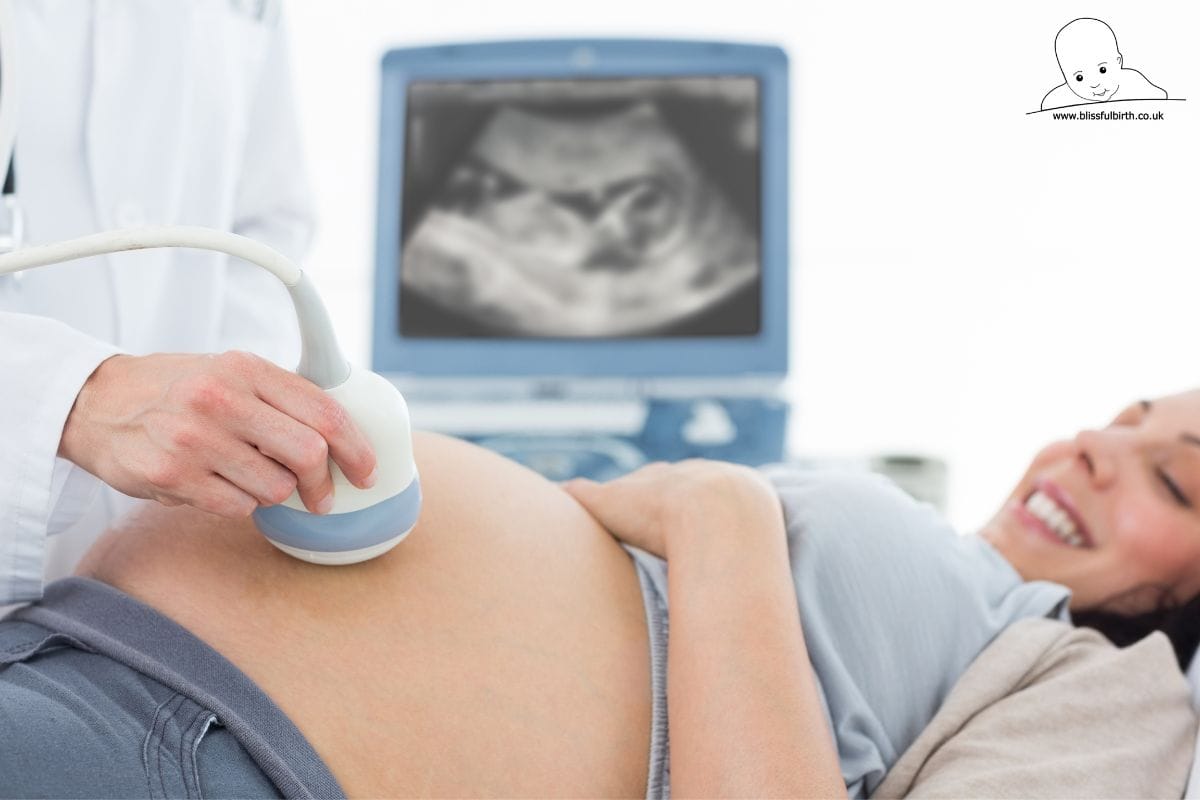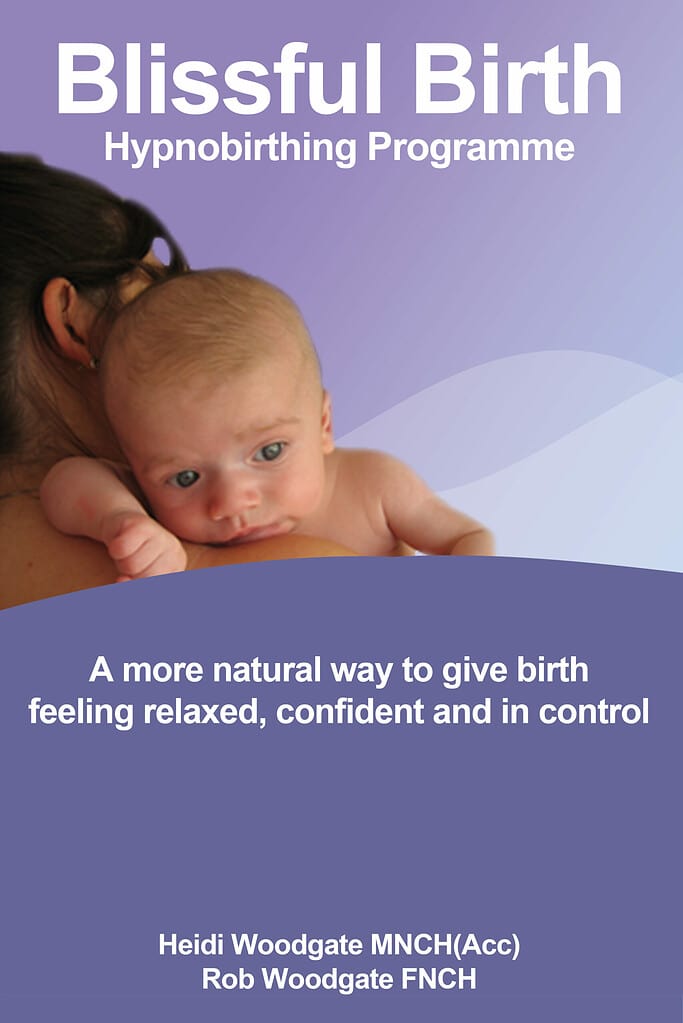During pregnancy, maintaining proper nutrition and taking care of your health is crucial for both you and your growing baby. One common question that arises is “can you take magnesium while pregnant?”.

Just a little research into magnesium and it is clear to see that magnesium supplementation can play a vital role in various bodily functions, including nerve and muscle function, blood pressure regulation, and bone development. It can also have an effect on pregnancy outcomes. Why? Because magnesium is an essential mineral.
However, before incorporating any supplement into your prenatal routine, it is important to understand the potential benefits and risks associated with magnesium supplement intake during pregnancy.
In today’s article, we will explore the topic in detail, discussing the potential benefits of magnesium, possible risks, and expert recommendations surrounding the use of magnesium supplementation during pregnancy.
By gaining a comprehensive understanding, you can make informed decisions about your health and well-being during this special time.
Table of Contents
- Magnesium Explained
- Benefits of Magnesium Supplementation
- Why Magnesium is Important For Pregnant Women
- Magnesium Deficiency Signs
- Do Magnesium Supplements Work?
- Magnesium Supplement – How Much is Safe?
- Side Effects of Too Much Magnesium For Pregnant Women
- Different Types of Magnesium Supplements
- Is It Safe to Take Adderall While Pregnant?
- What Are Some Great Magnesium Sources To Fight Magnesium Deficiency?
- The Bottom Line
Magnesium Explained
Playing a vital role in numerous bodily functions, magnesium is an essential mineral involved in muscle and nerve function as well as energy production. Despite being the fourth most abundant mineral in the body, nearly half of all U.S. adults are estimated to have a magnesium deficiency.
This becomes especially worrying for pregnant women. Insufficient magnesium levels during pregnancy can exacerbate certain symptoms, including head and neck tension, nausea, stress, muscle aches and spasms, and sleeplessness. Given its central importance, pregnant women especially require adequate magnesium levels for a safer and more comfortable pregnancy experience.
Fortunately, pregnant women can take dietary supplements to increase levels of magnesium in their bodies and reduce the risk of having a magnesium deficiency.
Benefits of Magnesium Supplementation
Expectant mothers often opt to up their magnesium levels (following consultation with their healthcare provider) with a magnesium supplement. Incorporating magnesium supplementation during pregnancy offers numerous advantages, such as:
- Mitigation of restless leg syndrome (RLS) or leg cramps
- Reduction of nausea and morning sickness
- Alleviation of round ligament and lower back, hip, and pains
- Promotion of deeper, more restful sleep
- Assistance in managing head and neck tension
Please note that it is important that all pregnant women consult with their healthcare provider before starting any new supplement regimen during pregnancy.
Why Magnesium is Important For Pregnant Women

The significance of magnesium intake during pregnancy stems from its essential nature, similar to vitamin D and calcium. As an essential mineral, magnesium is responsible for various bodily functions and helps reduce the risk of health abnormalities caused by its deficiency.
While magnesium deficiency is prevalent due to diminishing food quality and poor nutrition, pregnant women are particularly vulnerable. During pregnancy, the nutritional demands increase significantly as the growing baby relies on the mother for sustenance, including magnesium.
Complications for a pregnant woman, such as morning sickness, can further contribute to magnesium deficiency. Morning sickness may lead to nutrient depletion and a reduced appetite, making it challenging to replenish vital nutrients. Additionally, hormonal changes throughout pregnancy can also impact magnesium levels.
Moreover, insufficient magnesium levels for a pregnant woman may result in fetal growth restriction due to impaired placental function and blood flow, emphasizing the importance of maintaining adequate levels through diet or healthcare guidance. Regular prenatal care is crucial to address deficiencies.
Magnesium Deficiency Signs
It is important to know how much magnesium you should include in your diet, but it’s also critical to know if your intake is not enough.
Recognizing the signs of magnesium deficiency is important, which may include loss of appetite, fatigue, irregular heartbeat, muscle twitching, difficulty sleeping, poor memory, nausea/vomiting, and weakness.
It is crucial to prioritize magnesium intake to ensure a healthy and balanced pregnancy for both mother and baby.
Do Magnesium Supplements Work?
A magnesium supplement can be effective in addressing a pregnant woman’s magnesium deficiency and providing additional health benefits. However, it is important to note that the effectiveness of magnesium supplements may vary depending on individual factors and the specific health condition being targeted.
For individuals with a diagnosed magnesium deficiency, supplements can be an efficient way to restore and maintain optimal magnesium levels. Magnesium supplementation has been shown to effectively increase magnesium levels in the body, especially when taken as directed and in appropriate doses.
Moreover, both oral magnesium supplementation and other forms have demonstrated efficacy in managing certain health conditions. For example, research suggests that magnesium supplementation may help reduce the frequency and intensity of migraines, alleviate symptoms of premenstrual syndrome (PMS), and improve sleep quality in individuals with insomnia.
Additionally, magnesium plays a vital role in muscle function and relaxation, and supplementation may be beneficial for athletes and individuals experiencing muscle cramps or spasms.
However, it is important to note that the absorption and bioavailability of magnesium supplements can vary. Some forms of magnesium, such as magnesium citrate or glycinate, are believed to have better absorption rates compared to others. Consulting with a healthcare professional can help determine the most suitable form and dosage of magnesium supplement for an individual’s specific needs.
While magnesium supplements can be beneficial, it is generally recommended to obtain nutrients from a balanced diet whenever possible. Whole food sources rich in magnesium include leafy green vegetables, nuts, seeds, legumes, and whole grains.
Magnesium Supplement – How Much is Safe?
Is there a thing as too much magnesium?
While magnesium is generally considered safe, it’s important to find the right balance to keep you and your baby in perfect harmony.
The American College of Obstetricians and Gynecologists (ACOG) suggests that pregnant women aim for an intake of around 350-360 milligrams (mg) of magnesium per day, either through food or through taking a magnesium supplement.
However, keep in mind that individual needs may vary, so it’s always wise to consult your healthcare provider to determine the ideal magnesium intake based on your specific circumstances and check your body for magnesium deficiency to avoid any pregnancy complications.
Side Effects of Too Much Magnesium For Pregnant Women
Too much magnesium, whether it’s magnesium supplements or through food can cause certain side effects, such as diarrhea, vomiting, and nausea.
The good news is that magnesium overdose is very rare. In most cases, it is caused by oral magnesium supplementation.
Different Types of Magnesium Supplements
With numerous types of magnesium available, it can be overwhelming to choose the right one. Let’s explore the eight common varieties and their potential benefits for pregnant women.
- Magnesium Sulfate – Known for Epsom salts, it helps with muscle soreness but should be used cautiously during pregnancy.
- Magnesium Phosphate – Mild form that promotes muscle relaxation, calmness, and supports bone health.
- Magnesium Citrate – Easily absorbed, aids digestion, combats indigestion, acid reflux, and morning sickness.
- Magnesium Oxide – Supports digestion but has lower bioavailability and prolonged use is not recommended during pregnancy.
- Magnesium Glycinate -Supports mental health, stress reduction, and has good bioavailability without laxative effects.
- Magnesium Orotate -Supports heart health and muscle tissues, potentially enhancing stamina and energy levels.
- Magnesium L-threonate – Known for cognitive support, beneficial for addressing “mom brain.”
Remember to consult your doctor to determine the best magnesium type and dosage for your specific needs during pregnancy. They can do tests to check you have healthy blood pressure and then find out how much magnesium you may need.
Is It Safe to Take Adderall While Pregnant?
Is it safe to take Adderall during pregnancy? Medical professionals advise against taking adderall during pregnancy due to potential risks. Studies suggest that taking Adderall during early pregnancy may increase the risk of birth defects. It is crucial to consult with a healthcare provider to explore safer options for managing symptoms associated with attention deficit hyperactivity disorder (ADHD) during pregnancy.
What Are Some Great Magnesium Sources To Fight Magnesium Deficiency?
Now that we’ve established how good magnesium is during pregnancy and how magnesium deficiency can be bad for you, let’s talk about where to find the magnesium magic!
Lucky for us, nature has blessed us with a variety of fabulous sources to meet our magnesium needs during pregnancy, so let’s explore these delicious options below in case you are not a fan of the idea of taking a magnesium supplement!
Green Leafy Vegetables
Get your greens on, mamas! Spinach, kale, Swiss chard, and other leafy greens are like nutrient-packed emeralds. They not only add vibrant color to your plate but also offer a generous dose of magnesium.
Whip up a tasty salad, sauté them with a dash of olive oil, or blend them into a refreshing smoothie. These greens will make you feel like the queen of the healthy kingdom!
Nuts And Seeds
Nuts and seeds are small but mighty when it comes to magnesium. Almonds, cashews, pumpkin seeds, and sunflower seeds are like little nutritional powerhouses.
Munch on a handful as a snack, sprinkle them on top of your salads or yogurt, or blend them into creamy nut butters. These crunchy goodies will not only satisfy your cravings but also provide a magnesium boost.
Whole Grains
Whole grains like quinoa, brown rice, oats, and whole wheat bread are like the rhythm section of your magnesium band.
They’re packed with fiber, vitamins, and, of course, magnesium. Swap refined grains for their whole grain counterparts and rock your way to a more nutritious diet.
The Bottom Line
Pregnant women require more essential nutrients, including magnesium, to support their own health and the development of their growing baby.
You can obtain get the magnesium you need as part of a balanced diet that includes magnesium-rich foods. Whole food sources such as leafy green vegetables, nuts, seeds, legumes, and whole grains can contribute to meeting magnesium requirements.
Incorporating these magnesium-rich foods and a good magnesium supplement into your balanced diet is the way to go during pregnancy to avoid magnesium deficiency.
It can also be obtained from supplements. However, the specific dosage, form, and duration of magnesium supplementation should be determined by a healthcare professional based on individual circumstances and any potential risks or contraindications.
Taking magnesium supplements during pregnancy requires careful consideration. While magnesium plays a crucial role in various bodily functions and can provide benefits such as alleviating leg cramps, promoting relaxation, and supporting overall health, it is important to consult with a healthcare provider before starting any magnesium supplement regimen during pregnancy.




